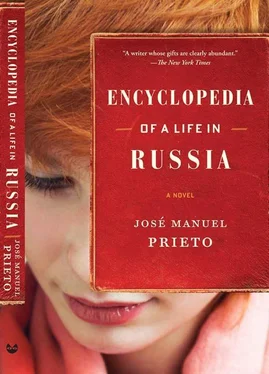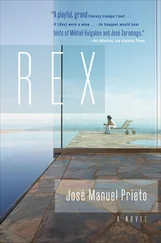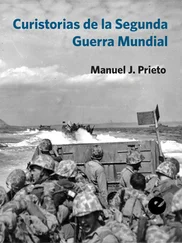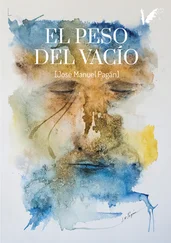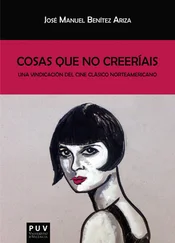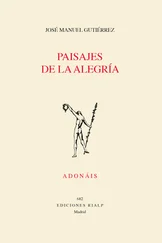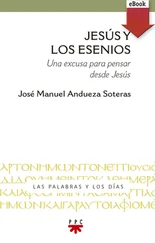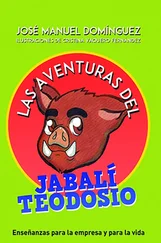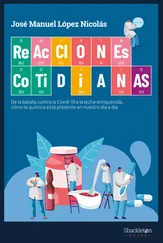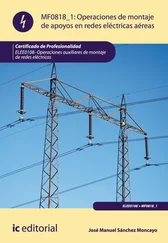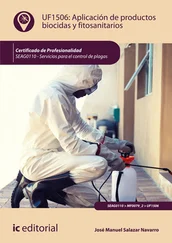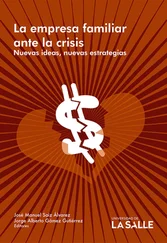And, in fact, we had only those stripes of light. LINDA went first, dreamily swaying along, our picnic basket dangling from her arm. That day, for the first time, she was wearing a new dress made of delicate pink ORGANDY, with a full skirt and ribbons lacing up in back. I’ve mentioned this already: I had the money, the time, the inclination, so why wouldn’t I indulge myself with such an outing? Or rather, wasn’t this expedition, to admire the lilacs the best of all possible day trips? I followed her, walking across the grass, my eyes on her nimble heels. For this special occasion I had selected a pair of Bermuda shorts with red and blue whales on a white background that represented the foamy sea. Each time I put one foot forward, I couldn’t keep from glancing down at my thighs, covered by that fabric, which was simple but full of meaning for me. We had cut down on the ornamentation, streamlined the voluminous slashed pantaloons, eliminated the gold and freshwater pearls, but conceptually. . were not my capacious movements a repetition of those of a Byzantine cardinal — the officiant’s chasuble, the richly jeweled cross — proceeding toward the altar?
We sat down on the grass and I explained to LINDA that when the form of a flower — the silken petals, the stiffness of the stalk — emerges from the depths of chaos to exist for a certain number of hours and then decompose, we witness the consummation of an event that unveils a law, a norm. Beauty tends to appear in what is ephemeral, momentary; the brief life of the lepidoptera, the ice formations that a HARD FROST sketches across the windowpane . . The monstrosity of a crag, a rocky outcrop — its formlessness — is perennial; it exists unaware of the vertigo of entropy or finds itself so far removed from it in time that entropy itself seems insignificant (the inhuman amount of time necessary for the friction of a piece of cloth to transform this crag’s mass into fine sand). Extremely powerful forces exert their pressure from below on the magma of the material world and condition the emergence of perfect forms, casting them into certain preexisting reticulations capable of endowing these clots of energy with form. I believe in the existence of a unique crystal, a universal network that holds within it the memory of the world; its discernment is anterior to our existence and as inexorable as the periodic table of the elements. I perceive two orders, one natural or divine and the other human. The natural goes about modeling a rose, a calendula, from the material it has at hand, and it is up to man, made of the same atoms and modeled within the same grid, to admire this beauty and confirm his own identity with the flower. True, there do exist differences in grain and resolution. A painstaking education, certain experiences, will diminish the margin of error and adjust your soul to respond to the slightest stimulus. Hence aesthetic pleasure is no more than an extremely precise and mathematical agreement between the vision of this flower and the model for it that we possess or perhaps — to make use of a more flexible schema — the model that can be created on the basis of leaves, petals, stem, and variations, though certainly within a narrow range of texture, degree of fuzziness, circumference, and consistency. And, as we go along, we adjust what we see to what we intuit or imagine. We should rejoice over this, rejoice that the good Lord has not tried out all variants, though I believe that he sometimes goes on intuition, that he, too, does not know a ciencia cierta (with scientific certainty) what the results will be.
LINDA: But in what way, then, does a change of time period influence taste? How does one explain a phenomenon such as fashion?
THELONIOUS: In the sense of an evolution or progress in taste? Not at all. The alphabet is very limited and not all combinations are possible or — and this amounts to the same thing — discernible by mankind. This limitation is the path of order, what saves us from madness. Our corporeal reality, our bipedal nature, introduces rigid invariables. God — the highest freedom — is therefore conceived as an entity without a body, not physical. And this incorporeal existence allows him to imagine all possible combinations of the universe. To us humans, he has allotted the few variations of the flower, the toga, jewelry, orders that permutate within a certain periodicity. A while ago I spoke to you of slashed pantaloons, the ingenious play of their multicolored billows of fabric, that feast for the eyes. Well, do you see that shadow, as if a cloud were passing over the meadow right now? Raise your eyes, I wanted to give you a surprise.”
Over our heads, caught in the same air that surrounded the cliff, floated the striped mass of a Montgolfier. LINDA stared at it. For many seconds. The time it took for the long, segmented shadow of a rope ladder to extend down across her eyes, held wide in amazement. The final rung struck the ground with a dull thud. Someone, a celestial monster, the hot air balloon’s crewman, was inviting us up into his basket. LINDA turned to me. The irruption of the great form of this balloon over the smooth canvas of our conversation had left her speechless. Finally she seemed to grasp it. “How is it that we didn’t see it flying toward us? It came so suddenly, just like that!”
“It lifted off from the beach at the foot of the cliff,” I answered, shouting up toward the basket, “It’s all right, Kolia, I’ve got the cord.”
Kolia had thrown down the anchor, which I managed to wedge between some rocks. The ladder swayed in my hands. I went up several steps and invited LINDA to follow. Once we were comfortably installed, I dislodged the anchor, opened the throttle on the gas and we rose into the air. “It’s important to be able to invert one’s point of view,” I explained to LINDA. “A few moments ago we were seated down below, observing the perfection of the lilacs from the distance of our ocular globes. Now, suspended in this hot air balloon with its red and yellow stripes like the eyes of a deep-sea fish that allows itself to be pulled along by the ocean’s currents, we can contemplate the meadow, appreciate how small that crag really is, see Kolia’s black cap against the red patch of our PACKARD as he carries out my instructions to drive it back to our DACHA. So, then: what can we use this vision of the meadow dotted with flowers for? What ornament can it inspire in us?”
“For Christ’s sake, IOSIF. They’re just flowers!”
That time she was right.
VANILLA ICE. Motionless on the chair, with nothing in her stiffness to recall her former pliancy, LINDA presented her profile to me, the splendid colors of her face against the indigo of the sea. When she heard my question, she took a century to turn around and even then her eyes, as if imbued with all that blue, reluctantly followed the slightly less torpid movement of her head, lingering over the beach’s pebbles, the gray mass of the breakwater, the white seagull perched on the café terrace, then sweeping the air over my head and finally locating me, as if with difficulty, resetting her gaze to zero, readjusting the beauty of the background to the immobile and insignificant figure of the writer.
“Some ice cream?”
She seemed to recall something, gave me a mischievous grin, and burst into speech: “As for ice cream — and I certainly hope you’ll only order the kind that’s made in those old-fashioned molds that come in every possible architectural form — whenever I eat one of those temples, churches, obelisks, or rocks, it’s like a quaint geography I must take a moment to contemplate before transforming the monument of raspberry or vanilla into a refreshing coolness in my throat. My God, it wouldn’t surprise me if you found Vendôme columns made of chocolate or raspberry ice cream at the Ritz, and then you’d need several of those, like votive columns or towers erected along an avenue in celebration of the glory of Coolness. They also have raspberry obelisks that rise here and there in the scorching desert of my thirst, whose pink granite will melt in the back of my mouth to slake me better than any oasis could . . Those peaks of ice cream at the Ritz sometimes resemble the Monte Rosa, and sometimes, especially when they’re lemon, I don’t mind if they’re not shaped like a monument but are as steep and irregular as a mountain painted by Elstir.”
Читать дальше
